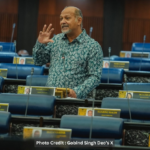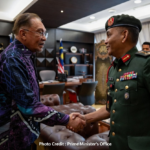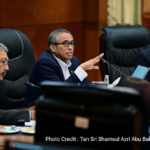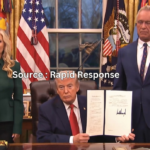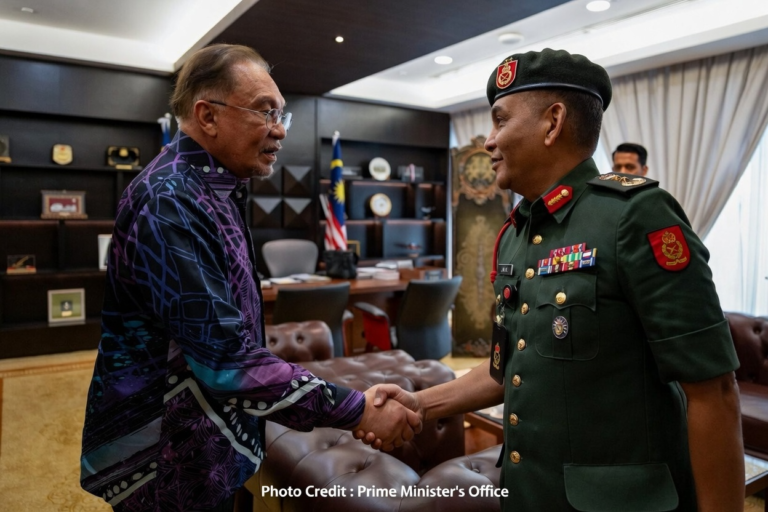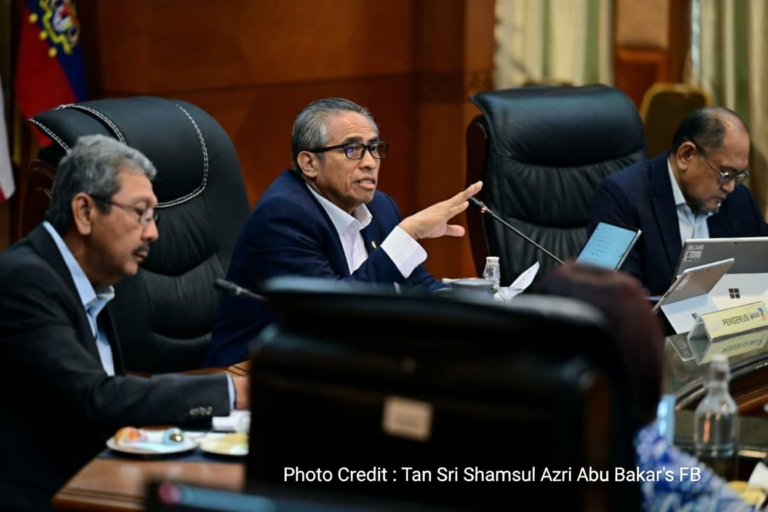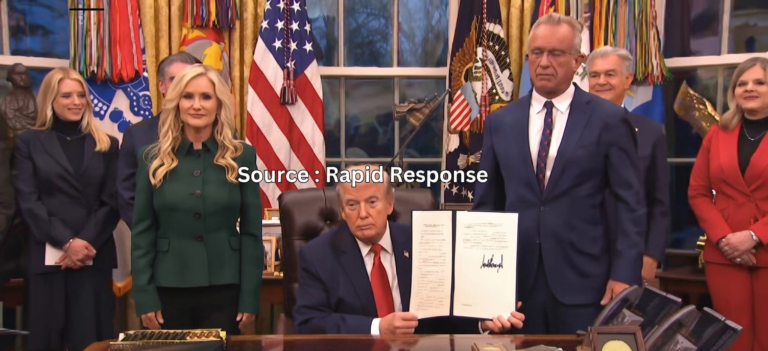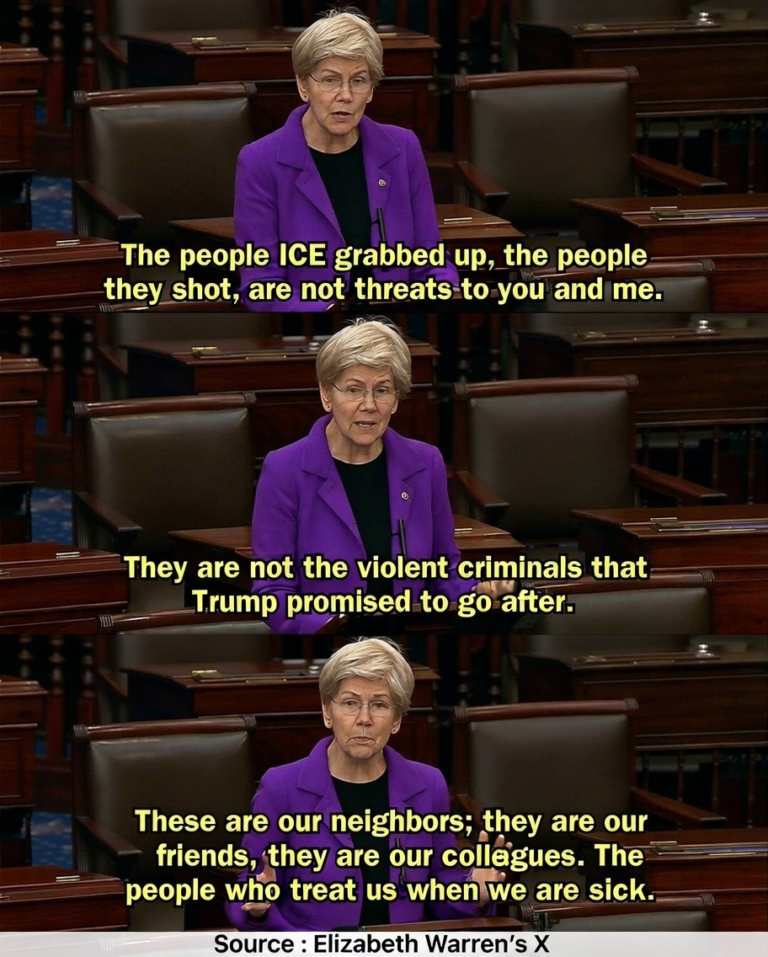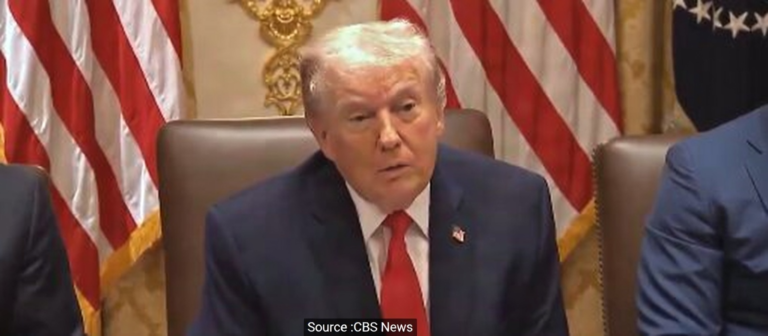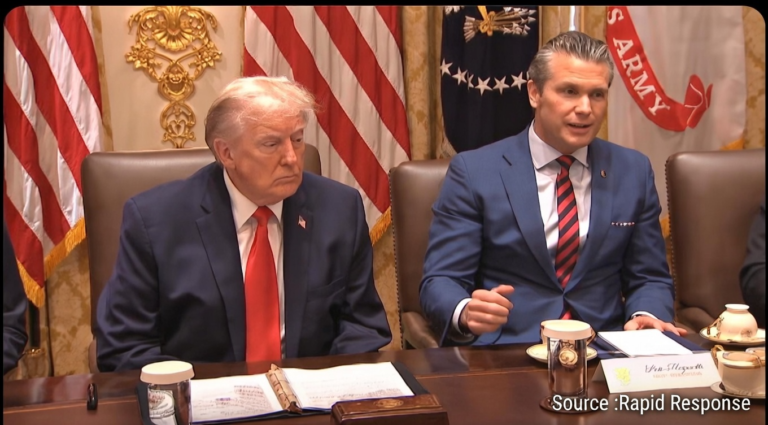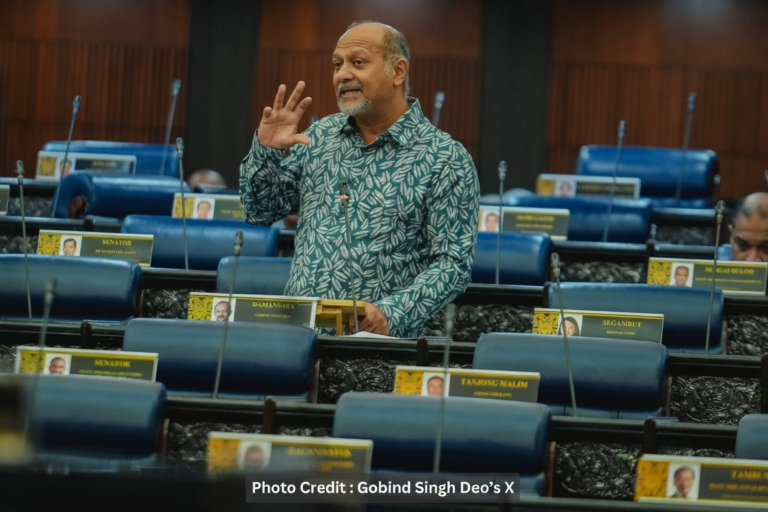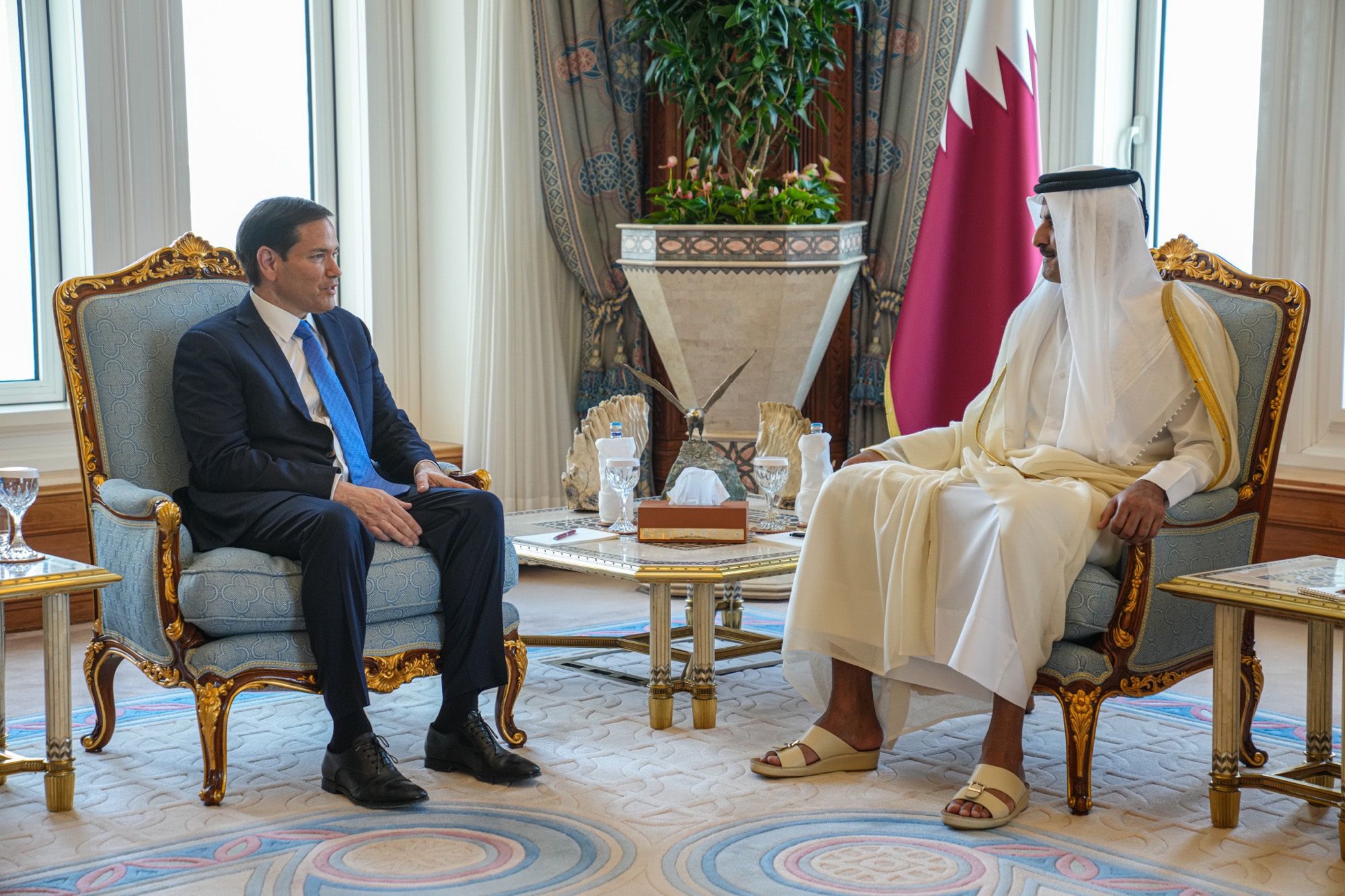
DOHA, Qatar Sept 16, 2025 – U.S. Secretary of State Marco Rubio held high-level talks with Qatari Amir Sheikh Tamim bin Hamad Al Thani and Prime Minister and Foreign Minister Mohammed bin Abdulrahman Al Thani in Doha today, reaffirming the enduring U.S.-Qatar security partnership and a shared commitment to regional stability. The meeting, which took place amid escalating tensions following Israel’s recent airstrike on Hamas leaders in Doha, underscores the delicate balance of diplomacy in the Middle East.
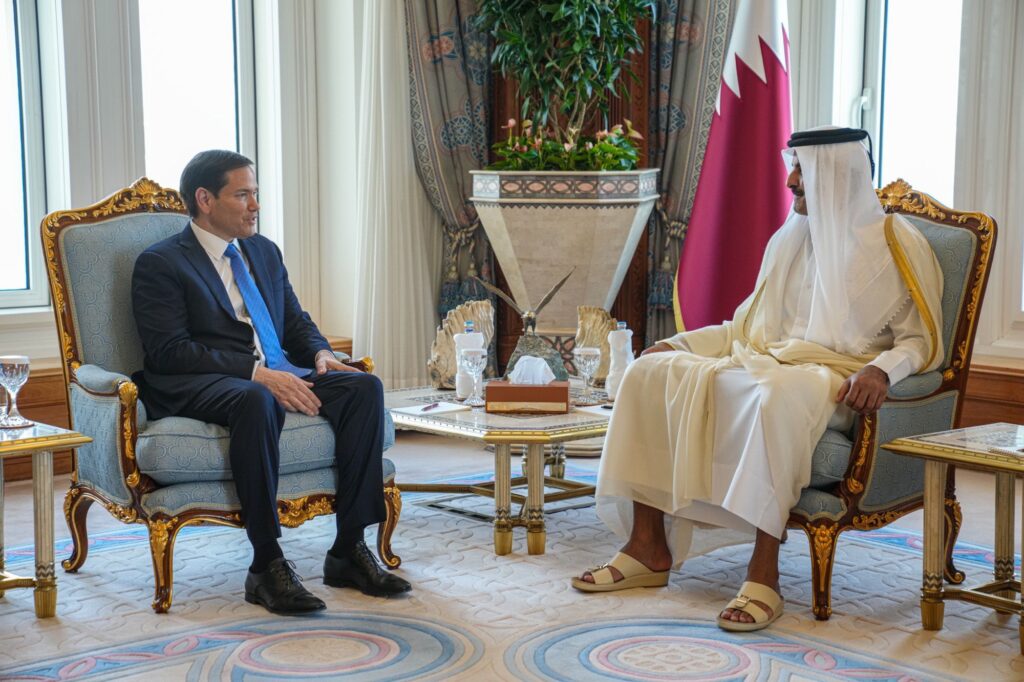
Rubio expressed gratitude for Qatar’s ongoing mediation efforts to broker a peace deal between Israel and Hamas, as well as its role in securing the release of hostages. The discussions come as Qatar has hosted Hamas leadership since 2012—a move initially supported by the U.S. to ease communication—but recent pressure from Washington has pushed for their relocation amid stalled ceasefire negotiations.
The U.S.-Qatar security alliance remains a cornerstone of regional stability, with Qatar’s Al Udeid Air Base serving as a critical hub for U.S. military operations against terrorism since 2003. Qatar has invested over $8 billion in the base, which hosts the headquarters of U.S. Central Command. The partnership also includes support for multinational maritime security efforts in the Persian Gulf through the Combined Maritime Forces Task Force 152.
Qatar’s mediation role gained international attention after brokering a November 2023 ceasefire that led to the release of approximately 100 Israeli hostages following Hamas’s October 2023 attack on southern Israel. However, recent diplomatic efforts have faltered, complicated by Israel’s strike in Doha last week, which targeted a Hamas meeting and threatened to derail peace talks backed by the Trump administration.
The visit aligns with broader U.S. engagement in the region, with Vice President JD Vance and special envoy Steve Witkoff also meeting Qatari leaders this week. The Trump administration is navigating complex ties with both Israel and Qatar, as Israel’s military actions in Gaza continue to draw global scrutiny. Qatar’s diplomatic history—mediating conflicts in Lebanon (2008), Yemen (2010), and Darfur (2011)—highlights its influence despite its small size, though its hosting of Hamas leaders remains a point of contention.
As the situation evolves, the U.S. and Qatar are working to stabilize the region, with Rubio emphasizing a collective goal of a “safer, more stable Middle East.” The outcome of these talks could shape the future of hostage negotiations and the broader Israel-Hamas conflict.

